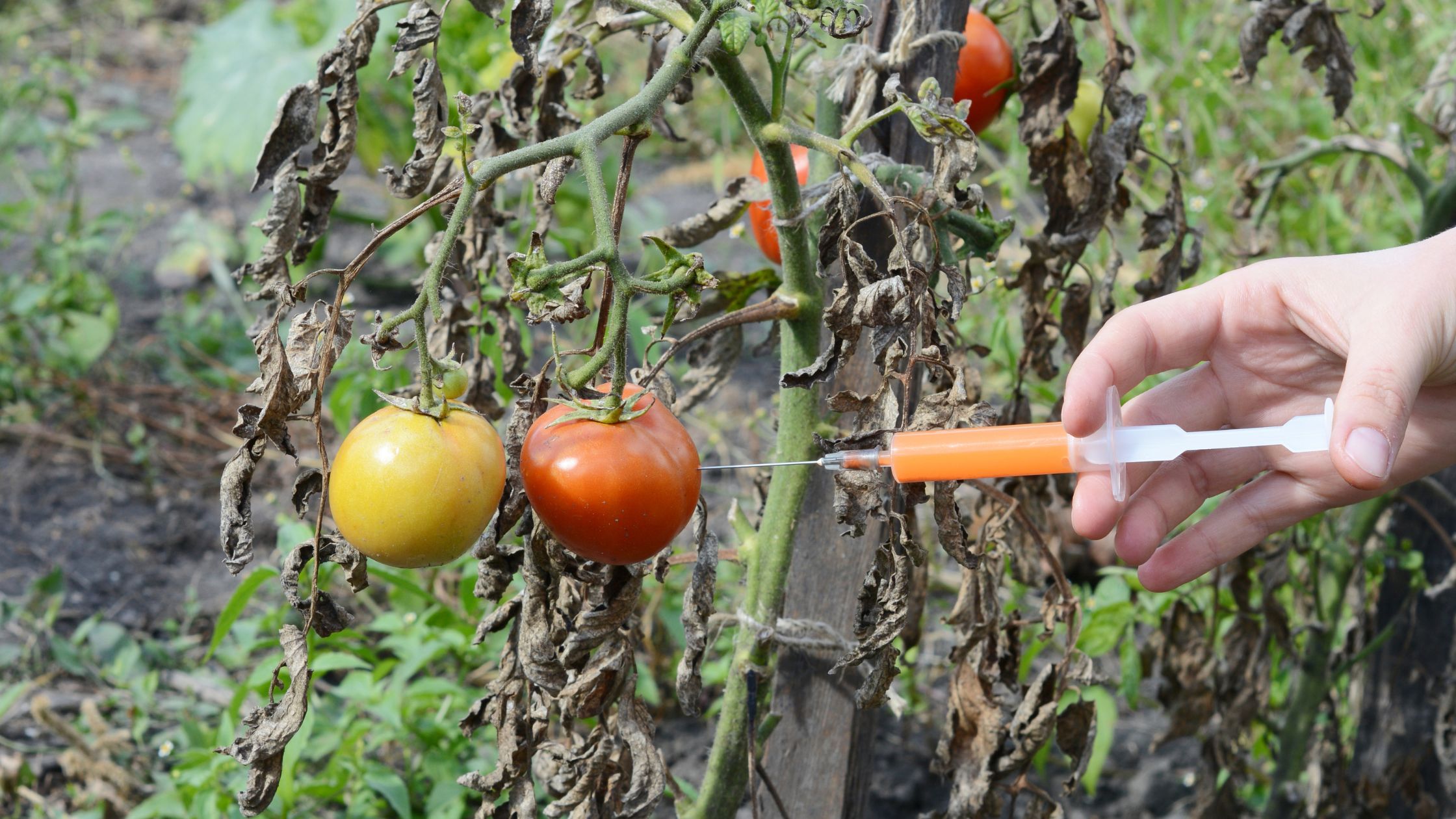Our food is being modified again! After consumers and consumer advocacy agencies pushed so hard to get genetically modified foods labeled and identified, now food producers are attempting to do an end run around us by change the terminology. On your food labels you may see the terms gene-edited and bio-engineered. Both terms refer to modifications to our food, including plant and animal modifications.
Consumer resistance to the idea of genetic modification has caused many food-production companies to move into the arena of bio engineering and gene editing. Using technologies such as CRISPR and TALEN they snip out or modify genetic code in whatever way it is that they’re trying to change. This technology is new enough that we do not know the long-term impact of this kind of biological editing.
Definitions
To better understand the terminology let’s look at definitions.
Genetic modification requires inserting genes from other plants or species to get the desired result in a plant. Studies have shown that there are negative side effects from this process.
Gene editing and bio engineering are used to generate changes by altering the genes that already exist within the plant or animal. The premise is that it will closely mimic nature, similar to random mutations that could “technically” happen if nature was left alone.
As noted, there are negative side effects of genetic modification but what about the other two?
In March of 2018, the USDA stated that “it had no plans to evaluate gene-edited plants for health and environmental safety prior to commercial release if they could otherwise develop through traditional breeding, so long as the crop is not a plant pest or developed using plant pests.”
While this may sound reasonable, let’s look at some of the negative aspects which should be considered.
First of all, there is the illegal and irresponsible aspect that could arise such as clinical operation of human embryo genome editing since it can be used for modifications in animal stock.
And secondly there can be what is known as “off-target” editing. This may cause a loss of function mutations in properly functioning genes or incorrect repairing of disease-inducing genes due to the changes that have been made.
Thirdly, we don’t know the safety of this process to human health and to the environment; it should not be considered “better” than foods that are genetically modified.
We don’t know
According to a paper from 2019, the use of bio engineered/gene edited foods has raised both regulating and biosafety concerns because they affect both the present and future of humans, animals, and the environment. Plus, the current knowledge about the safety of these processes is relatively limited.
Initially genetically modified organisms were promoted as being benign and completely safe. Now thanks to organizations like the Institute for Responsible Technology, The Cornucopia Institute, and the work of Dr. Stephanie Seneff we know that’s not true. But it took time for these findings to come to light. How long will it take until this newest variant of food modification will be found to be not as advertised?
Many foods do now have a bio engineered label, I suspect it’s because food producers think consumers are not smart enough to understand what’s being done to their food so they believe they can get away with using that on the label. Just as with GMO, anything that says gene edited or bio-engineered is something you want to avoid.
Sources

